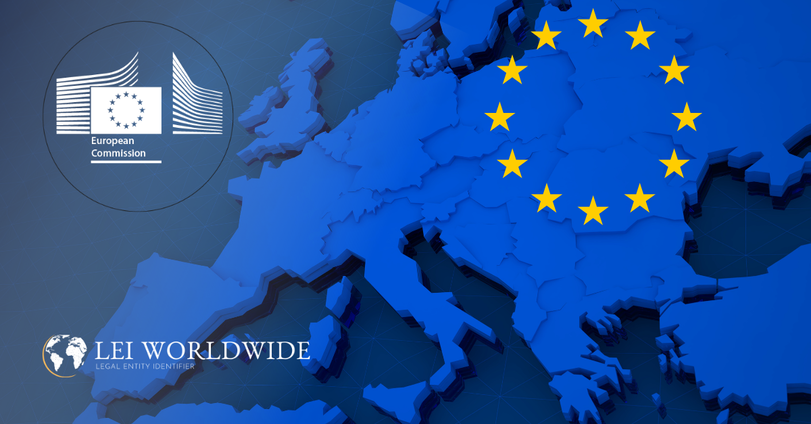lei renewal canada
mandatory for otc derivatives
Effective July 25, 2025, Legal Entity Identifiers (LEIs) must be active — not lapsed — for all OTC derivatives reporting in Canada.
Why Canada’s Active LEI Mandate Matters
Canada's new rules, outlined by the CSA, mandate that all LEIs used in OTC derivatives transactions be current and active. Lapsed LEIs are no longer acceptable. This ensures that all legal entity reference data remains accurate and up to date — a foundational requirement for trustworthy counterparty reporting.
Key implications of the Canadian LEI renewal rule:
-
Eliminates stale or outdated entity records from regulatory reports
-
Enhances risk oversight across the derivatives lifecycle
-
Aligns with CPMI-IOSCO principles for effective data aggregation
This approach reinforces the original vision for the LEI: a live, verifiable global directory of legal entities actively engaged in financial markets.
Australia’s Lapsed LEI Loophole
In contrast, the Australian Securities and Investments Commission (ASIC) requires the use of LEIs for trade reporting — but allows the use of lapsed LEIs. While this satisfies the technical requirement, it weakens the regulatory benefits of the LEI system.
Consequences of permitting lapsed LEIs:
-
Undermines data accuracy and entity traceability
-
Complicates sanctions screening and risk management
-
Enables outdated or inactive entity data to persist in critical reporting workflows
By allowing expired LEIs, Australia falls short of the international best practices now adopted by Canada, the EU, and other leading jurisdictions.
What Is a Lapsed LEI — and Why It Matters
An LEI is considered "lapsed" if it has not been renewed within 12 months of its last update. This typically signals that:
-
The entity has not confirmed or updated its legal data
-
Regulatory reports may be referencing outdated or invalid information
For regulators and counterparties, this introduces uncertainty and risk into otherwise automated compliance and risk workflows.
Global Alignment Is the Endgame
Canada’s move is part of a larger global push to align OTC derivatives reporting with the standards set out by CPMI-IOSCO. These standards aim to improve transparency, systemic risk oversight, and data integrity.
The LEI plays a critical role in that vision — but only when actively maintained.
Why Annual LEI Renewal Should Be Global Best Practice
Active LEIs enable:
-
Real-time counterparty verification
-
Accurate trade lifecycle monitoring
-
Streamlined compliance with multiple jurisdictions
Lapsed LEIs cause:
-
Breaks in trade reconciliation
-
Increased operational risk
-
Regulatory scrutiny and potential penalties
As an LEI Registration Agent, LEI Worldwide supports global mandates for LEI renewal — not just to satisfy regulation, but to uphold the integrity of legal entity data across financial markets.
How to Check or Renew Your LEI in Canada
You can check the status of your LEI or renew it online in minutes. Renewal ensures your data remains up to date in the global GLEIF system and that you remain compliant with the latest jurisdictional requirements.
Swiss Business Registry Integration Marks Major Step Toward Global LEI Utility

LEI enhances KYC & AML

EU Commission propose new AML/CFT Regulations featuring the LEI System
